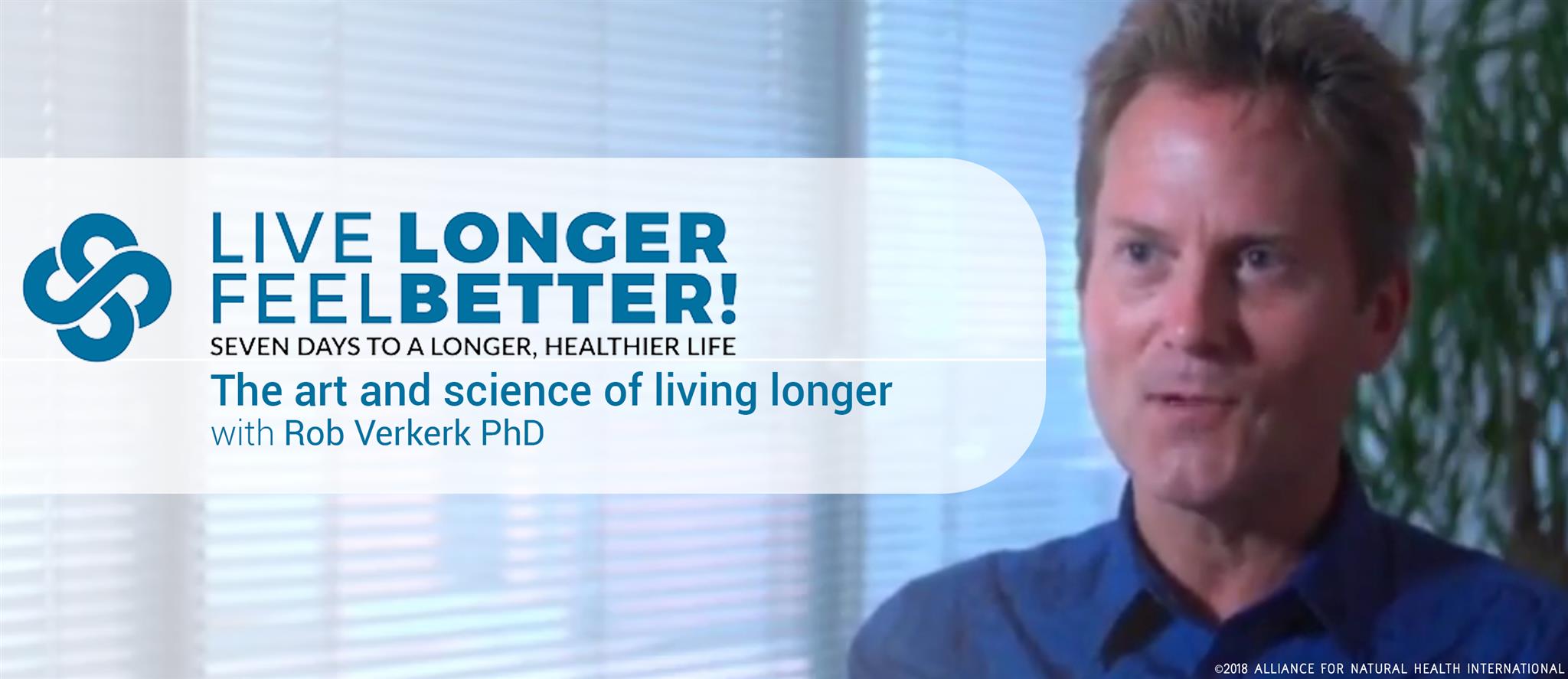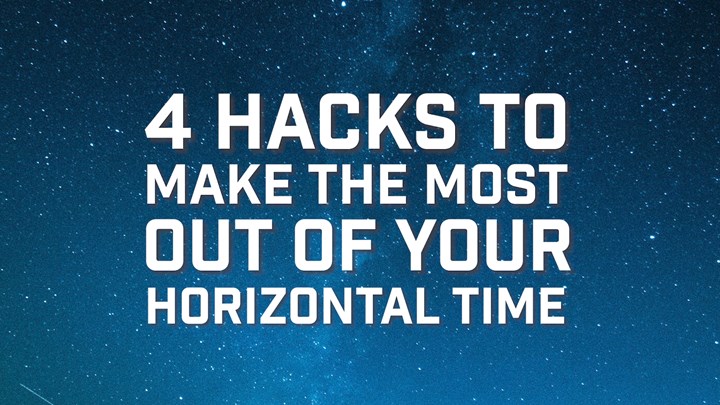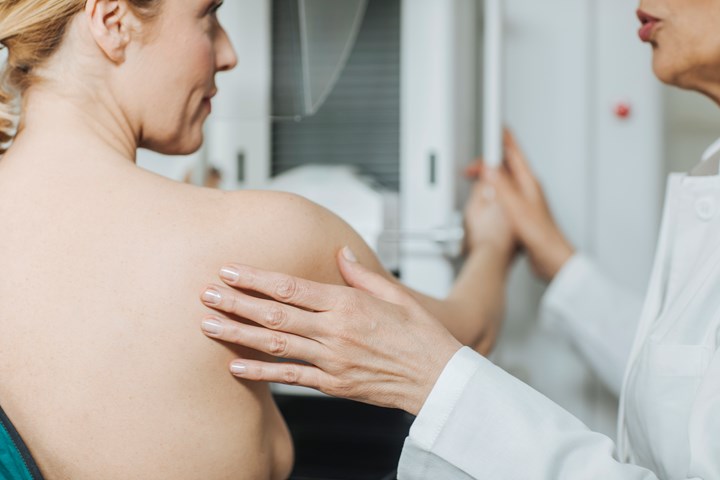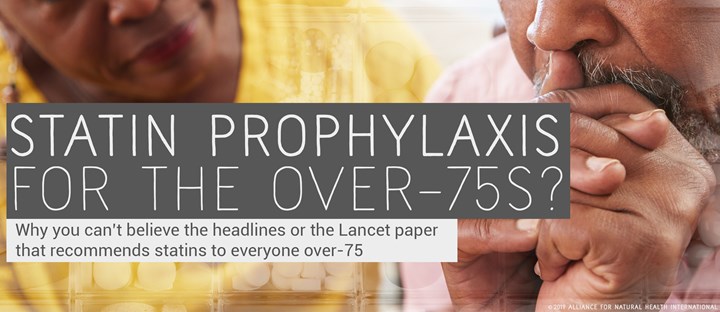Content Sections
It is absolutely possible to stay healthy as we age. Our choices over how and what we eat, the quality of our sleep, how and when we move and how we manage stress have a huge bearing on our quality of life. For most non-communicable diseases, these things together are many times more powerful than drugs. Longevity on it’s own is not really where it’s at. Much more important, is the quality of our lives as we age – so in this piece Rob Verkerk PhD looks at how we can live longer, feel better and age without the burden of ill health most people have come to expect.
Award-winning director & investigative journalist, Michael Beattie, has created the Live Longer, Feel Better series (which you can still register to watch for free), based on interviews of 40 international experts on the subject of healthy ageing. His interview with ANH founder, executive & scientific director, Dr Rob Verkerk, has just been released and if you have a spare 1 hour you can see the full interview below.
Alternatively, you can read some of Rob’s key take-homes in the video below.
Key take-homes from Rob Verkerk’s interview for Live Longer, Feel Better
- The range of foods on offer to us has narrowed as food production is globalised and diets have become increasingly simplified. The nutrient composition of crop plants today is very different to heritage varieties grown locally, in environments they’re suited to and eaten seasonally
- The notion of sustainability hasn’t yet been applied to healthcare. Medical systems are geared to the treatment of symptoms, rather than their underlying cause or causes. We need to adopt a system of preventative healthcare promoting self-care and empowering individuals to take responsibility for themselves, guided by appropriate healthcare professionals
- We’ve become disconnected from our evolutionary heritage. We need to reconnect and stop looking for silver bullets or technical solutions to current health issues
- The common link to all chronic diseases is persistent, low-grade inflammation. We are being exposed to multiple allergens and our gut microbiomes are becoming less diverse. We eat and snack far too often, and rely excessively on carbohydrates for energy, setting the scene for insulin resistance, diabetes, obesity, cardiovascular disease and cancer
- We’re big fans of ‘intermittent fasting’. Despite its seemingly hard-line name, it’s only called this because we eat far too frequently in the modern world! Intermittent fasting is in fact our evolutionary norm and refers to the gaps between eating when you cut out snacking and then start to increase the length of time between meals
- Most so-called natural foods are derived from intensive farming systems (whether crops or animals) and they are then highly processed, with the common addition of multiple additives to extend shelf-life. This food is therefore more the result of food technology than it is from good farming practice – and these ultra-processed foods are right at the heart of our society’s current health woes
- We’re encouraged to eat wholegrains, but they are so highly processed as far as our bodies are concerned, that we commonly respond to them in much the same way as they respond to eating a small bowl of sugar
- We can’t live for more than a couple of days without water. But the public water supply is becoming increasingly challenging as water becomes contaminated with chlorine by-products, xenoestrogens and other chemical residues
- All governments issue dietary advice, however it tends to be nothing more than a compromise between governments and the food industry itself. That’s why we created the ANH-Intl Food4Health guidelines
- Our bodies are no longer adapted to use fat as a fuel due to the amount we eat (particularly refined carbohydrates), how often we eat along with significantly reduced regular movement
- How important are our genes? We can modify the way our genes work by changing what and how we eat and how much we move. Genes load the gun, but our environment pulls the trigger
- In Western medicine we are taught doctors are ‘God’ and not to question what they tell us. The balance needs to change so patients are empowered to take the driving seat in the management of their own health. There is a bottom-up revolution happening as doctors begin to realise there is more than one way to practise. The notions of the benefits of diet, exercise, mindfulness and rest are now becoming mainstream
- As with diet, exercise is wholly individual. A one size fits all approach does not work, often needing other considerations to be addressed before exercise is possible. Once we have that right balance in life, exercise becomes a natural want. Consider some of the following changes, but above all, whatever you do, it needs to work for you:
Build activity into each day
Don’t eat too late
Consider eating 2 meals a day (although you'll need to work up to this over 8-12 weeks)
Exercise before you eat (in a fasted state)
Eat the right types of fat and maintain the correct balance of omega 3:6 fats
Try not overcook food
Address diet, activity, rest, life purpose
- Electromagnetic radiation. We know there are health risks. The younger you are the higher the risk. The best thing is to reduce exposure:
Remove DECT (cordless phone systems) in the home
Don’t hold mobile phones to your head – use airtube headphones or put the call on speaker
Keep phones 1 metre away from your body
Switch off wireless routers at night
Don’t have metal beds – they magnify the signals
- Kids need to learn how to cook and eat healthy foods, have reduced exposure to antibiotics, environmental toxins, simple carbs and food additives and engage with nature to build robust immune systems. Teach them to think about the consequences of key decisions that affect their health along with encouraging them to be physically active
- Supplements – we should be able to get all the nutrients we need from what we eat, but it’s often not possible now. Supplements can bridge gaps. They provide a diverse group of nutrients in many forms, which many of us benefit from.
Further Reading
Plant-based eating – the ‘diet’ that’s no fad
Joyful ‘Journey to 100’ – and beyond
Big Populations, old age, long sick lives








Comments
your voice counts
20 April 2018 at 3:03 pm
Many thanks for the well documented articles,they're an inspiration for me. I am learning a lot.
20 April 2018 at 3:27 pm
Thank you Beatriz, we appreciate your comment.
With kind regards
Miranda
25 April 2018 at 10:13 am
Great summary article, with good links. Perfect guidelines to share with people just starting to think about this stuff and needing to get a sense of the priorities.
Your voice counts
We welcome your comments and are very interested in your point of view, but we ask that you keep them relevant to the article, that they be civil and without commercial links. All comments are moderated prior to being published. We reserve the right to edit or not publish comments that we consider abusive or offensive.
There is extra content here from a third party provider. You will be unable to see this content unless you agree to allow Content Cookies. Cookie Preferences